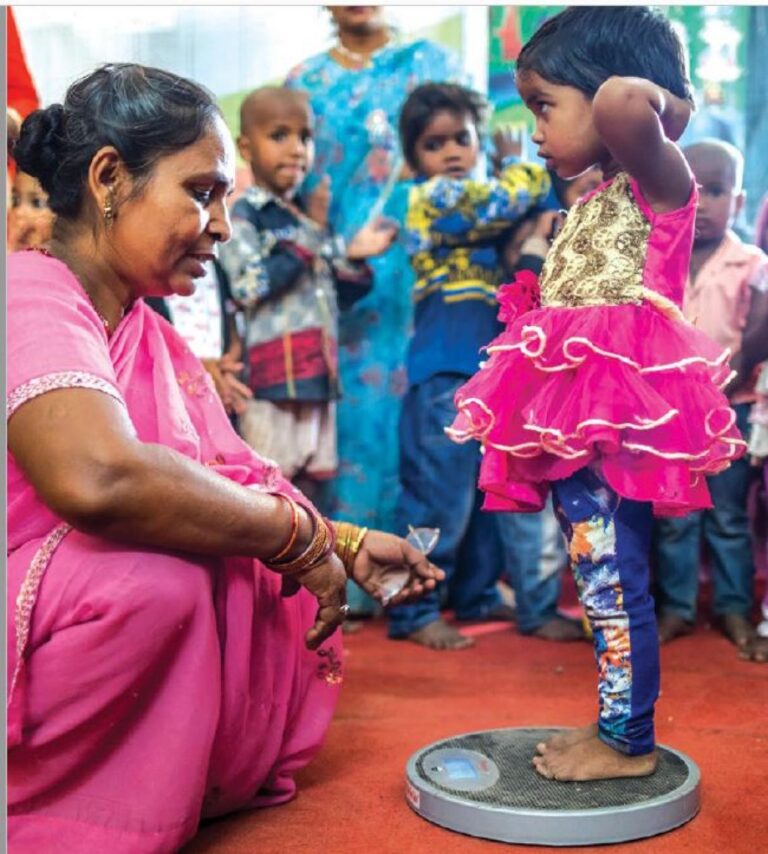Strong points
Malnutrition remains a critical problem in India, affecting both children and adults. Nutrition is often a topic of interest in questions asked by parliamentarians to the Indian government. This research reviews two decades of parliamentary questions and their answers on a timeline of critical nutrition events to identify key themes, trends and patterns observed in nutrition discourse. It also attempts to determine what provoked these questions raised by parliamentarians.
Data was extracted from online databases of parliamentary questions from 2000 to 2021. The questions were identified through the following keywords: nutrition, undernutrition, micronutrients, wasting, underweight, malnutrition, anemia, Poshan and obesity. The metadata was collected during the year during parliamentary, ministry and parliament sessions where the question was asked.
The extracted data was organized into a database with metadata and the name of the requester and department of the respondent, key themes, questions and a summary of the response provided. Data from 2,005 questions were extracted and analyzed with
qualitative methods.
Examining two decades of parliamentary questions on nutrition and related topics has revealed insights into the topics of interest, the themes covered, the nature of the speech and what influenced the composition of the questions. We found that a majority of the issues raised related to the national implementation of essential programs such as Integrated Child Development Services (ICDS), Mid-Day Meal Scheme (MDMS), Public Distribution (PDS), Supplementary Nutrition Program (SNP), Rajiv Gandhi Program for Empowerment of Adolescent Girls (SABLA) and Poshan Abhiyaan. In terms of distribution of questions per house, the Lok Sabha had a higher number of questions than the Rajya Sabha.
The peak years for several issues raised in Parliament were 2009, 2011 and 2020. Poshan Abhiyaan, launched in 2018, was identified as the likely stimulus for many issues. Other important events in the field of nutrition do not appear to be related to the number or type of issues raised. Regarding likely triggers, only 10.7% of questions referred to specific articles or publications. The documents mentioned in the parliamentary questions included national and international reports, newspaper articles and world and Supreme Court orders as the source of information that prompted questions.
Publication date
